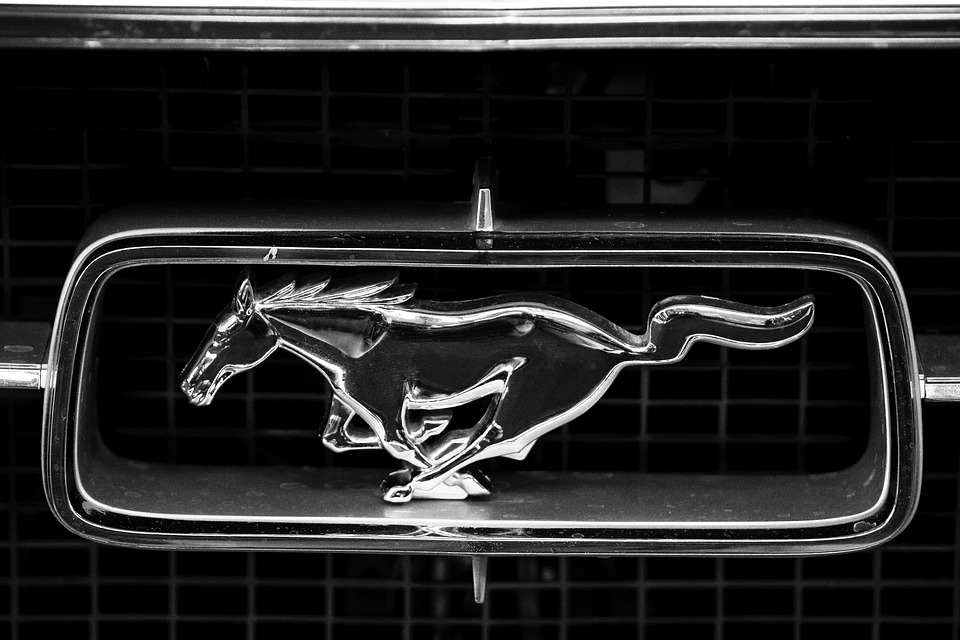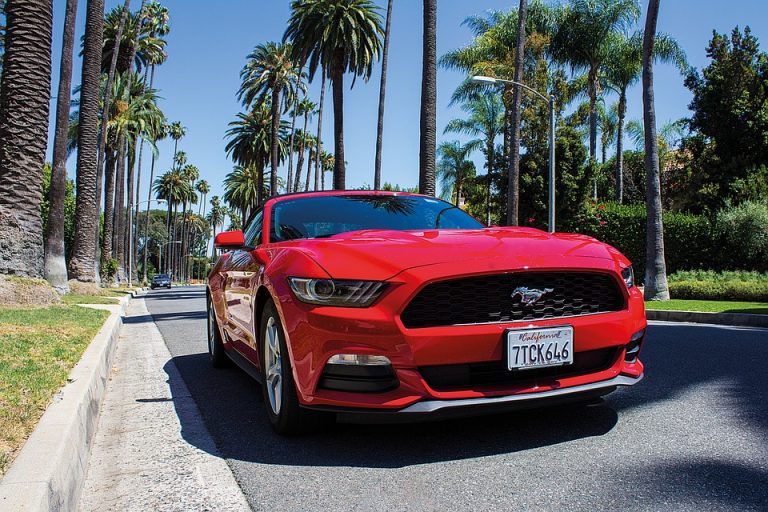2000 Ford Excursion V10 MPG: What to Expect
[ad_1]
In this article, we will discuss everything you need to know about the 2000 Ford Excursion V10 MPG. From understanding what MPG means to what to expect in terms of fuel efficiency, we will cover it all. Whether you’re considering purchasing this vehicle or already own one, this article will provide you with valuable information.
What does MPG mean?
MPG stands for miles per gallon, which is a measure of a vehicle’s fuel efficiency. It indicates the distance a vehicle can travel on one gallon of fuel. The higher the MPG, the more fuel-efficient the vehicle is, resulting in lower fuel costs and reduced environmental impact.
When it comes to the 2000 Ford Excursion V10, its MPG rating plays a crucial role in determining its overall cost of ownership and environmental footprint.
What is the MPG of the 2000 Ford Excursion V10?
The 2000 Ford Excursion V10 has an MPG rating of approximately 10 miles per gallon in the city and 13 miles per gallon on the highway. This means that for every gallon of fuel, the vehicle can travel 10 miles in city driving conditions and 13 miles on the highway.
While these numbers may seem low compared to more fuel-efficient vehicles, it’s important to consider the Excursion’s size and engine power. The V10 engine provides the vehicle with ample towing capacity and power, but it does come at the expense of fuel efficiency.
What factors can affect the MPG of the 2000 Ford Excursion V10?
Several factors can influence the MPG of the 2000 Ford Excursion V10. These include driving habits, vehicle maintenance, road conditions, and load weight. Aggressive driving, such as rapid acceleration and excessive speeding, can lead to decreased fuel efficiency.
Additionally, proper vehicle maintenance, such as regular oil changes, tire rotations, and air filter replacements, can help optimize fuel economy. Driving on hilly or uneven terrain and carrying heavy loads can also reduce the Excursion’s MPG.
How does the 2000 Ford Excursion V10 MPG compare to other vehicles?
Compared to smaller and more fuel-efficient vehicles, the 2000 Ford Excursion V10’s MPG may appear lower. However, it’s essential to remember that the Excursion is a heavy-duty SUV designed for towing and carrying large groups of passengers. When compared to other vehicles in its class, the Excursion’s MPG is competitive.
It’s important to consider the vehicle’s intended use when evaluating its fuel efficiency. If you require a vehicle with substantial towing capacity and spacious interior for passengers, the Excursion’s MPG may be acceptable based on its overall capabilities.
Conclusion
In conclusion, the 2000 Ford Excursion V10 offers a MPG rating of 10 in the city and 13 on the highway. While its fuel efficiency may not be as high as smaller, more compact vehicles, it is competitive within its class of heavy-duty SUVs. Factors such as driving habits, maintenance, and load weight can influence the vehicle’s MPG. When considering the purchase of the Excursion, it’s important to weigh its fuel efficiency against its towing capacity and overall utility.
FAQs
What are the driving habits that can affect the Excursion’s MPG?
Aggressive driving habits like rapid acceleration and excessive speeding can lead to decreased fuel efficiency in the 2000 Ford Excursion V10.
How does proper vehicle maintenance impact the Excursion’s fuel economy?
Regular maintenance, such as oil changes, tire rotations, and air filter replacements, can optimize the 2000 Ford Excursion V10’s fuel economy.
Is the Excursion’s MPG competitive when compared to other vehicles in its class?
When compared to other heavy-duty SUVs, the 2000 Ford Excursion V10’s MPG is competitive based on its towing capacity and overall utility.
Can driving on hilly terrain affect the Excursion’s fuel efficiency?
Yes, driving on hilly or uneven terrain can reduce the MPG of the 2000 Ford Excursion V10, especially if carrying heavy loads.
How does the Excursion’s fuel efficiency play a role in its overall cost of ownership?
The 2000 Ford Excursion V10’s fuel efficiency can impact its overall cost of ownership, as lower MPG can result in higher fuel costs over time.
[ad_2]







